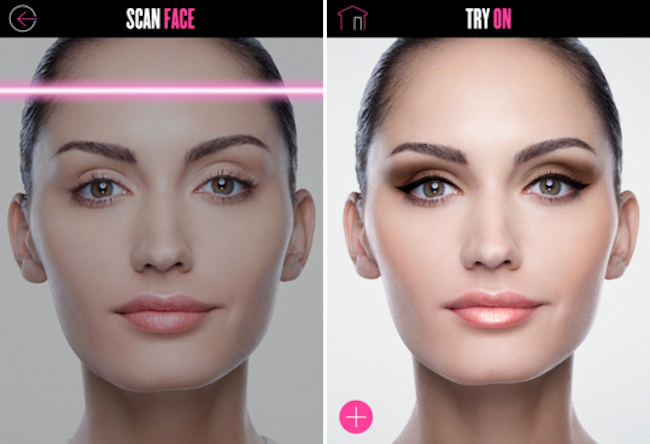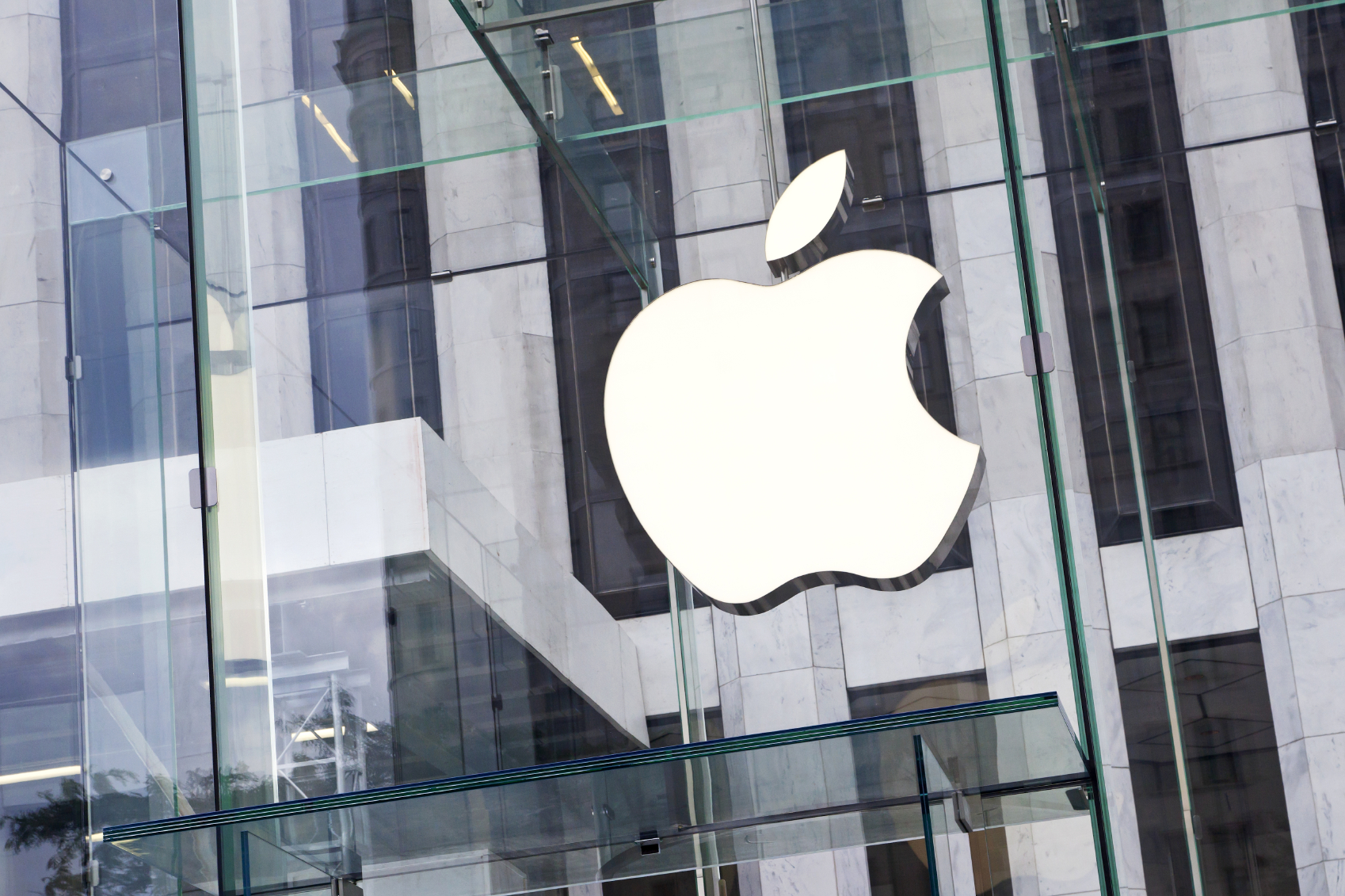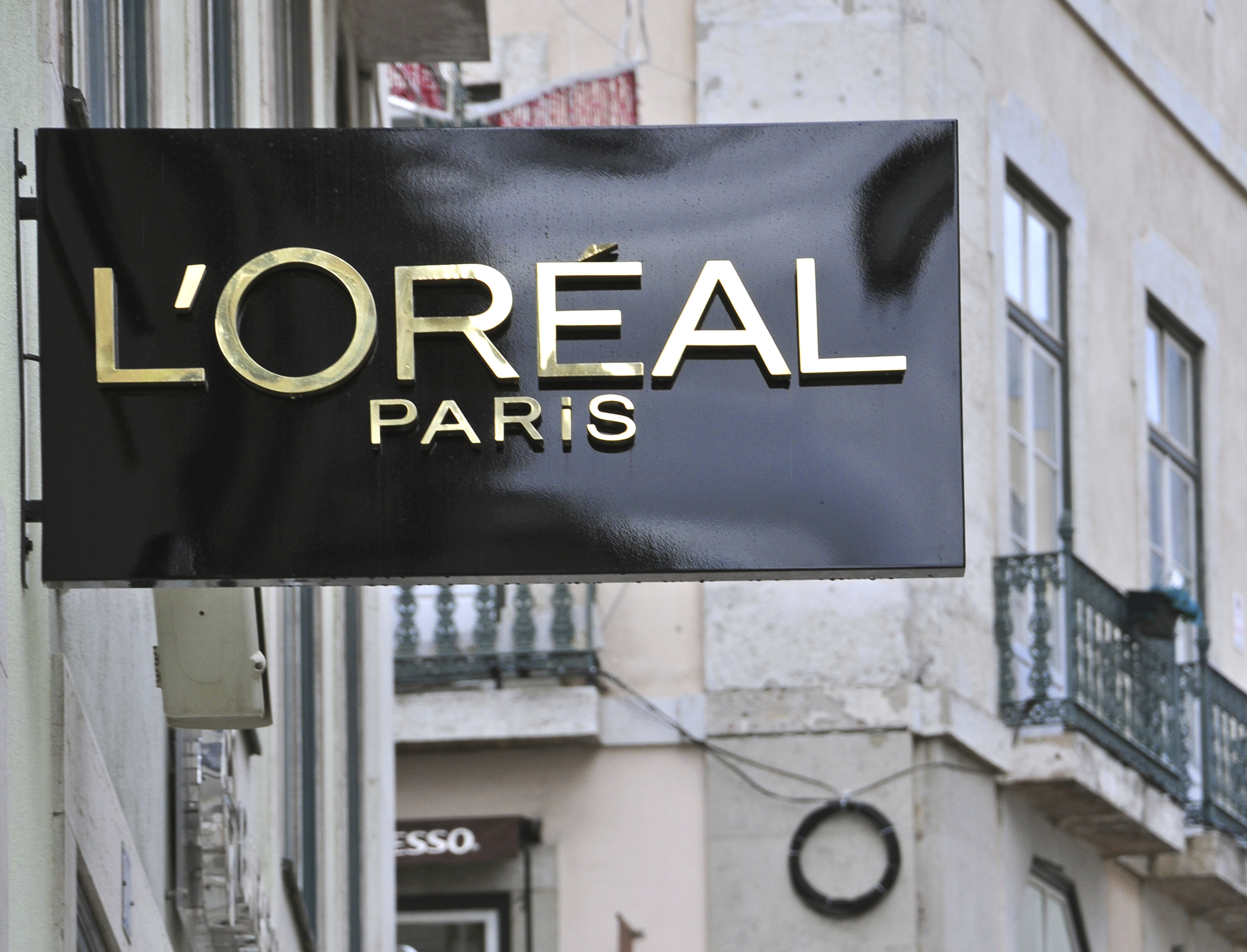What Happened
To help drugstore shoppers pick out the right shade of lipstick or eyeshadow, makeup brand Covergirl has launched a new app to help them try on products virtually before buying. Similar to L’Oreal’s Makeup Genius app, Covergirl’s BeautyU app uses facial scanning and tracking to identify users’ skin tones and overlay makeup looks in real time. The Maryland-based company aims to provide their customers with a complementary tool that may help break the try-on barrier that hinders purchases in drugstore browsing.
What Brands Need To Do
With this new app, Covergirl provides a great example of how brands can leverage the proliferation and advanced capabilities of smartphones to provide extra utility throughout the consumer journey. Given that smartphone users are spending over 85% of their time in apps rather than web browsers, it makes sense for brands to develop branded apps to engage with consumers, enhance their shopping experiences, and move them down the sales funnel.
Source: Digiday
Header image courtesy of BeautyU app



